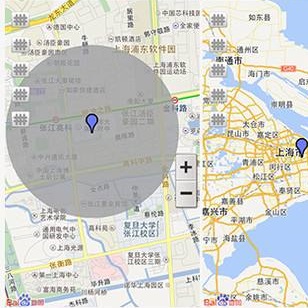Advancements in tracking algorithms have empowered nascent applications across various domains, from steering autonomous vehicles to guiding robots to enhancing augmented reality experiences for users. However, these algorithms are application-specific and do not work across applications with different types of motion; even a tracking algorithm designed for a given application does not work in scenarios deviating from highly standard conditions. For example, a tracking algorithm designed for robot navigation inside a building will not work for tracking the same robot in an outdoor environment. To demonstrate this problem, we evaluate the performance of the state-of-the-art tracking methods across various applications and scenarios. To inform our analysis, we first categorize algorithmic, environmental, and locomotion-related challenges faced by tracking algorithms. We quantitatively evaluate the performance using multiple tracking algorithms and representative datasets for a wide range of Internet of Things (IoT) and Extended Reality (XR) applications, including autonomous vehicles, drones, and humans. Our analysis shows that no tracking algorithm works across different applications and scenarios within applications. Ultimately, using the insights generated from our analysis, we discuss multiple approaches to improving the tracking performance using input data characterization, leveraging intermediate information, and output evaluation.
翻译:暂无翻译



